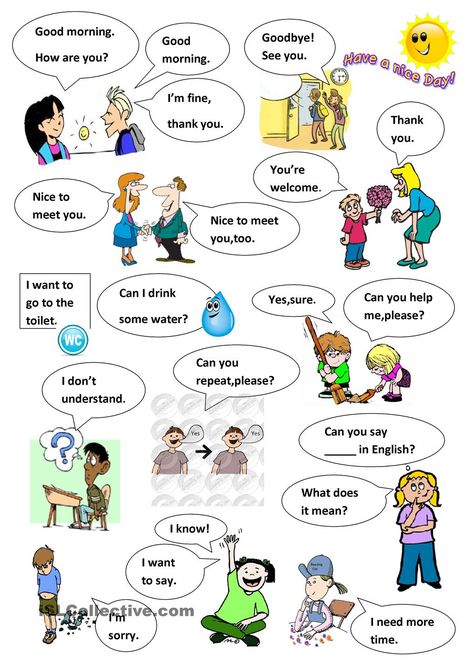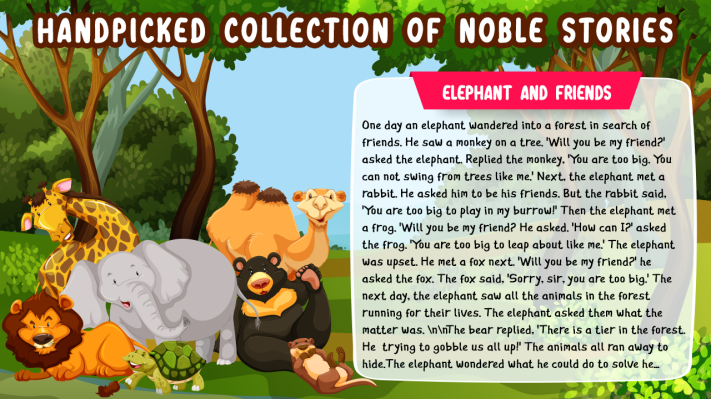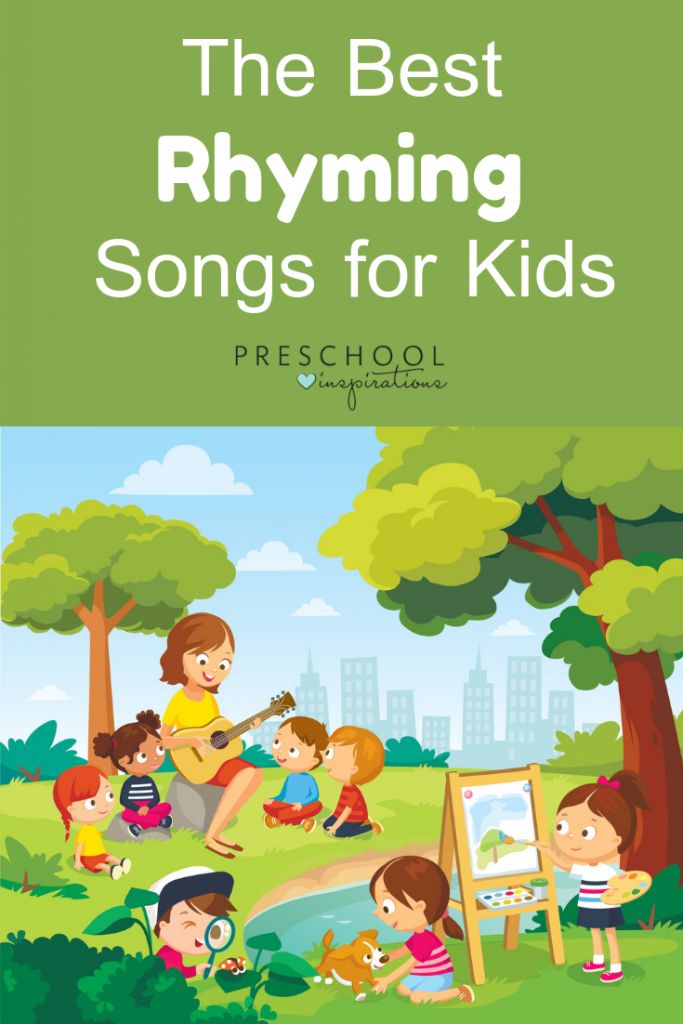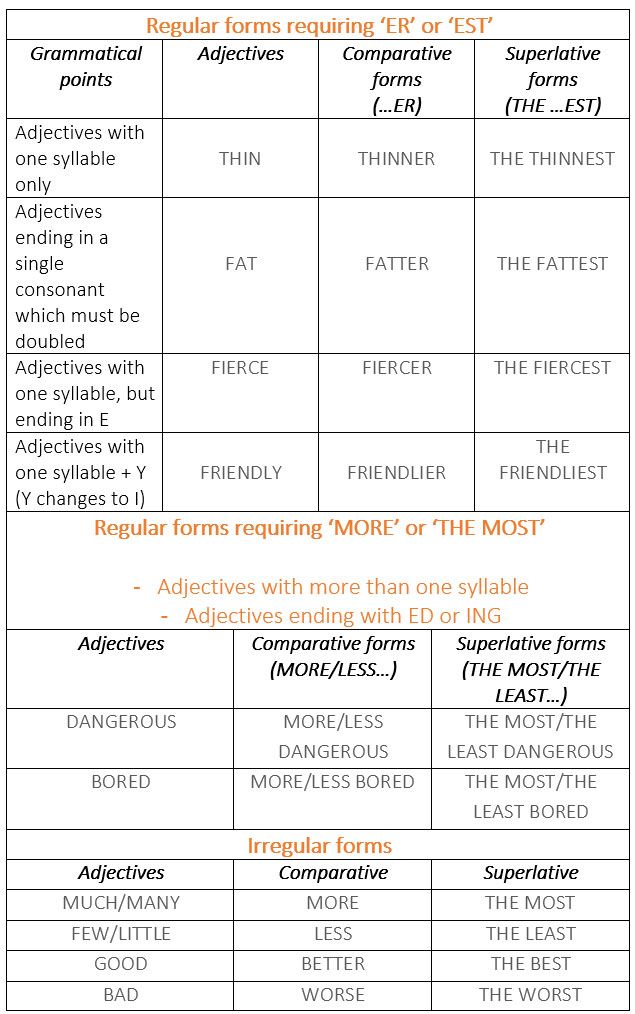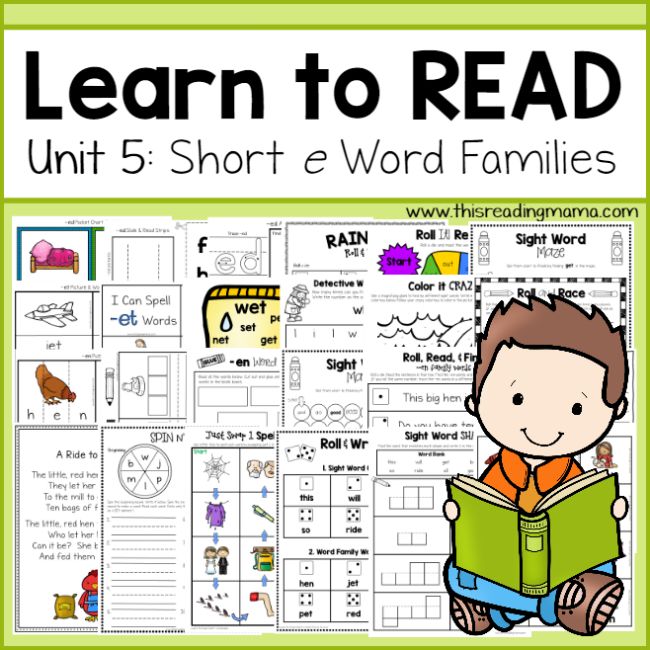English tutorials for kids
Free English Lessons for Kids
These free English lessons and activities for kids are not tracked in our LMS. Try these samples and feel free to share them.
Starter 1 English Lesson
Unit 1 – Classroom Commands
This is a free English lesson for kids taken from our absolute beginner English course for ESL kids. Try this free sample lesson from this level.
Download Course Guide
Starter 2 English Lesson
Unit 5 – Clothes Colors
This is a free kids English lesson taken from our second absolute beginner English course for ESL kids. Try this free sample lesson from this level.
Download Course Guide
Level 1 English Lesson
Unit 6 – Farm Animals
This is a free English lesson taken from our beginner English course for ESL children who have basic English skills. Try this free sample lesson from this level.
Download Course Guide
Level 2 English Lesson
Unit 1 – Actions – Dolphins Show
This is a free kids English lesson taken from our second beginner English course for ESL kids that expands on their basic English skills. Try this free sample lesson from this level.
Download Course Guide
Level 3 English Lesson
Unit 8 – Telling Time O’Clock
This is a kids English lesson taken from our elementary kids English course for ESL kids with beginner English language skills. Try this free sample lesson from this level.
Download Course Guide
Level 4 English Lesson
Unit 5 – Seasons Activities
This is a kids English lesson taken from our transitional elementary to pre-intermediate English course for ESL kids. Try this free sample lesson from this level.
Download Course Guide
Level 5 English Lesson
Unit 1 – Animal Comparisons
This is a kids English lesson taken from our pre-intermediate English course for ESL kids. Try this free sample lesson from this level.
Download Course Guide
Level 7 English Lesson
Unit 2 – World Food
This is an intermediate English course for children which teaches and reinforces complex grammar, vocabulary and sentence forms.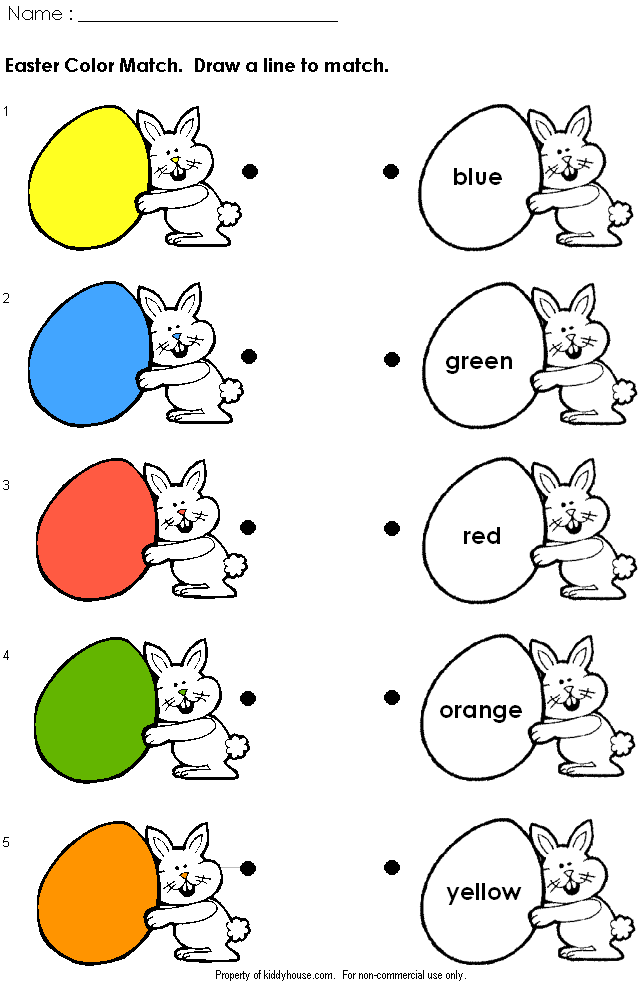
Download Course Guide
Starter 1
This is the absolute beginner English course for young learners.
Download Course Guide
Starter 2
This is the second absolute beginner English course for young learners.
Download Course Guide
Level 1
This is a beginner English course for young learners who have basic skills.
Download Course Guide
Level 2
This is a second beginner English course for young learners building on basic skills.
Download Course Guide
Level 3
This is an elementary English course for young learners with beginner ESL/EFL skills.
Download Course Guide
Level 4
This is a transitional elementary to pre-intermediate English course for kids.
Download Course Guide
Level 5
This is a pre-intermediate English course for young learners.
Download Course Guide
Level 6
This is a pre-intermediate and intermediate English course for children.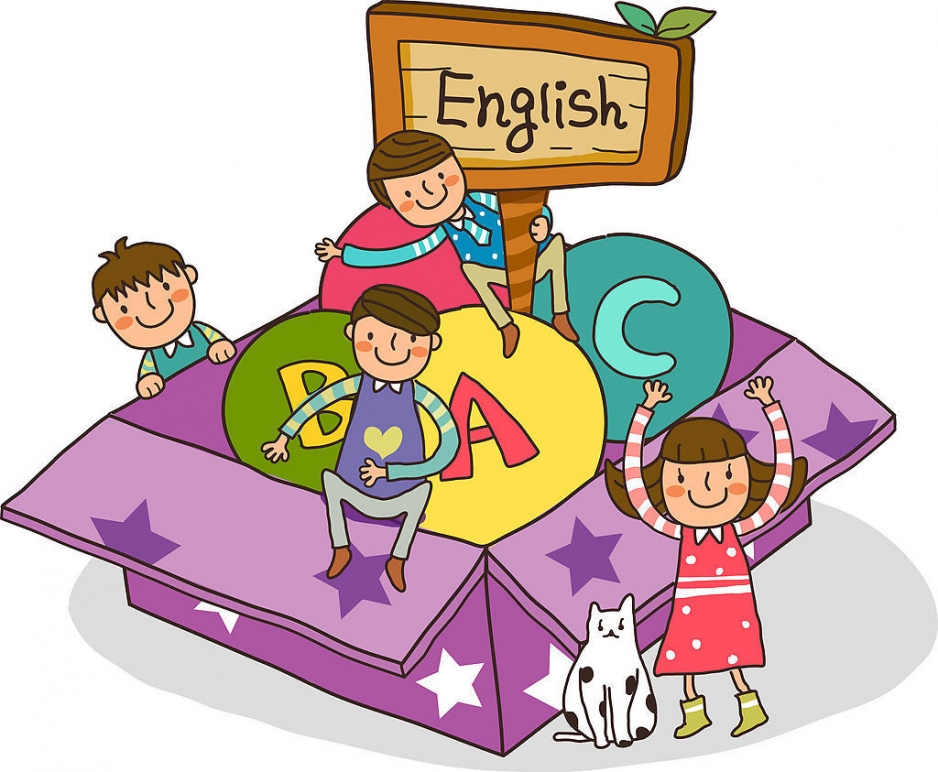
Download Course Guide
Level 7
This is an intermediate English course for children which teaches and reinforces complex grammar, vocabulary and sentence forms.
Download Course Guide
English Classes for Kids - 7 Best Online Courses & Apps in 2022
The English language is one of the most valuable gifts you can give your child. English speakers often earn more, have access to excellent universities, and can find it easier to travel. In short, learning English as a child sets you up for success later in life.
Online classes are a brilliant way to help your child learn English as a second language (ESL), without unnecessary expense or stress over logistical issues. Here are our recommendations for online English classes and apps for kids.
6 Best online English classes for kids: tutoring, courses & appsOnline tutoring servicesPreply
Preply is an online platform where your child can have 1-on-1 language lessons with a qualified, native English tutor. Preply offers all the live conversation practice, personalized feedback, and human interaction of traditional language classes at an affordable price. Preply tutors can also prepare lessons and provide teaching materials based on your child’s level or needs. For example, they could focus on vocabulary or phonics.
Most online courses and apps require focus and self-motivation, so they’re not always the best option for kids with short attention spans. A friendly tutor can keep your child focused for an hour in a way that a language app, course, or game just can’t.
You can build Preply lessons around your weekly routine, but if something comes up and you need to make a change, they are flexible too. You can schedule lessons for any time of the day because Preply tutors are based across the world.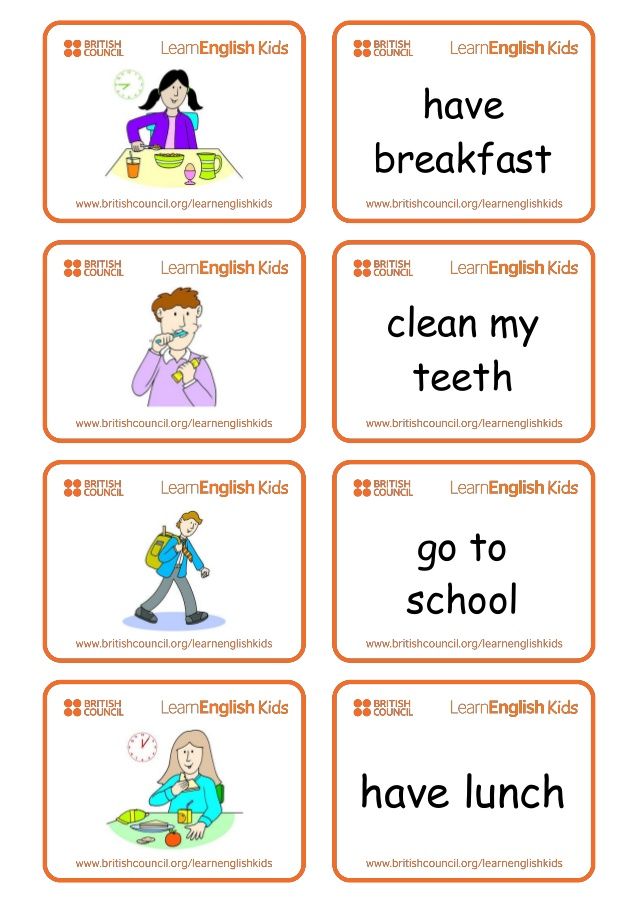 It is the best of both worlds if you want your child to start ESL learning! Try searching our database for tutors who specialize in teaching children to find someone your kid will love.
It is the best of both worlds if you want your child to start ESL learning! Try searching our database for tutors who specialize in teaching children to find someone your kid will love.
Prices can start from as low as $5 per hour for an English tutor but on average they are between $10 and $20.
ProsFully flexible, 1-on-1 tutoring with an experienced tutor
ConsSome tutors can be expensive
NovaKidNovaKid is a structured online language program for children aged 4-12. You can buy a batch of lessons, and your child works through learning material every week with the help of a personal tutor. Parents can choose the teachers they’d prefer. There is a choice of native and near-native English speaking teachers and they can change teachers at any time
Interactive classes for kids
Learning with a tutor is more fun. Give your kids English lessons they’ll love!
Meet Preply tutors
Price8 lessons: From $71.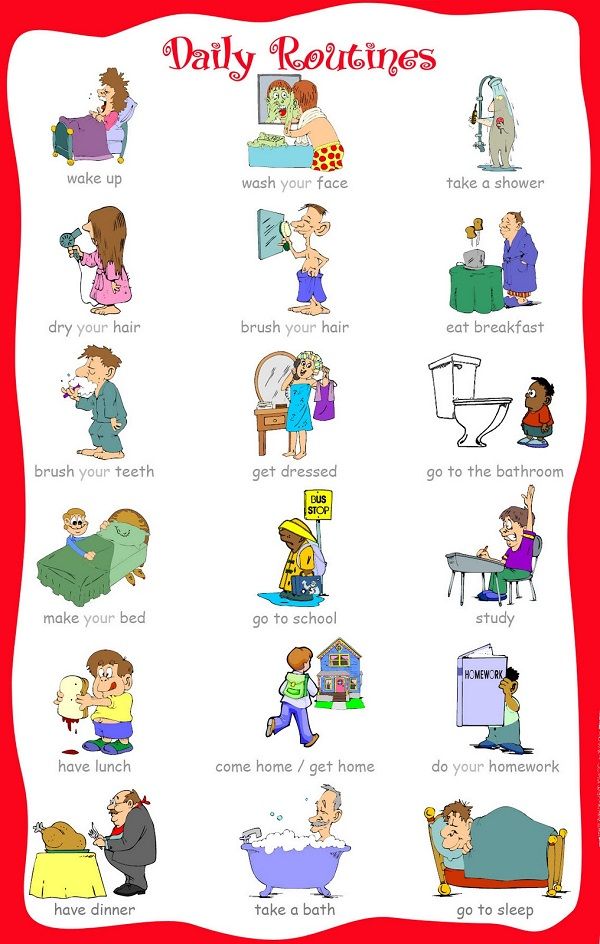 20 | 24 lessons: From $177.60 | 48 lessons: From $336.00
20 | 24 lessons: From $177.60 | 48 lessons: From $336.00
Affordable classes
ConsFixed pricing packages
Apps and websites without tutors
DuolingoIf you constantly hear, “Mom, can I play on your phone?” then it’s probably time to download Duolingo! Duolingo is the world’s most downloaded educational app because it makes language learning into a game.
Its cool design and easy-to-use interface are a fun way for young learners to improve their English vocabulary. While the app is limited to mostly vocabulary, Duolingo is a good way to keep children entertained and begin language learning on the go.
PriceFree or $7.33 per month for Duolingo Plus
ProsGame-style app will keep kids entertained
ConsLimited to mainly just vocabulary
British Council: Learn English KidsIf you learned English online yourself, then you are probably familiar with the British Council website and its database of free learning resources.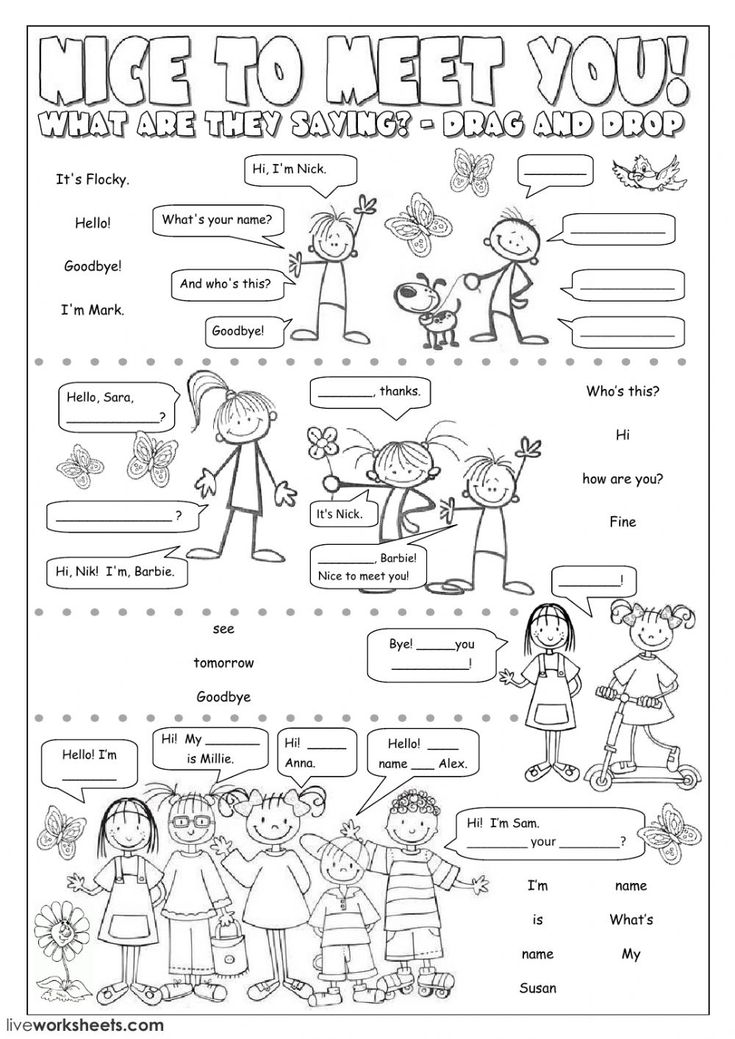 Their experts have also developed a bank of word games and exercises for children to improve their English skills. The website is a little old-fashioned, but there are many useful materials to help you deliver an excellent English class if you want to teach your child yourself.
Their experts have also developed a bank of word games and exercises for children to improve their English skills. The website is a little old-fashioned, but there are many useful materials to help you deliver an excellent English class if you want to teach your child yourself.
They also have a fantastic YouTube channel, with videos teaching English nursery rhymes, stories, and fun songs. If your child loves being read to at bedtime, this can be a way to integrate learning English into your daily routine! For 2 to 6-year-olds, the Learning Time with Timmy series is fabulous.
PriceFree
ProsLots of resources that children will enjoy
ConsResources only, no tutor
FredisalearnsFredisalearns is an online course with exercises for kids who have never studied the English language before. There’s also a course for those who can speak at an intermediate level. Sample lessons are free, but long-term users must buy a membership.
The courses are suitable for different ages and levels of English, but there is no option to work with a tutor. Like the British Council website, Fredisalearns is essentially a collection of resources and exercises for learning. If your child enjoys it, it is relatively cheap, so could be a good option if you are on a budget.
Price$40 for 6 months
ProsStructured resources that a child can work through
ConsResources only, no tutor
Lingokids
For kids aged 2-8, Lingokids is a great educational app with many awards to its name. It’s colorful and up-to-date, featuring recurring characters who children will look forward to seeing each new session.
Parents are encouraged to help children through lessons, so if you’re looking for a family-oriented experience, this is definitely the best choice for you! If you’re looking for something your child can do independently, another option might be a better fit.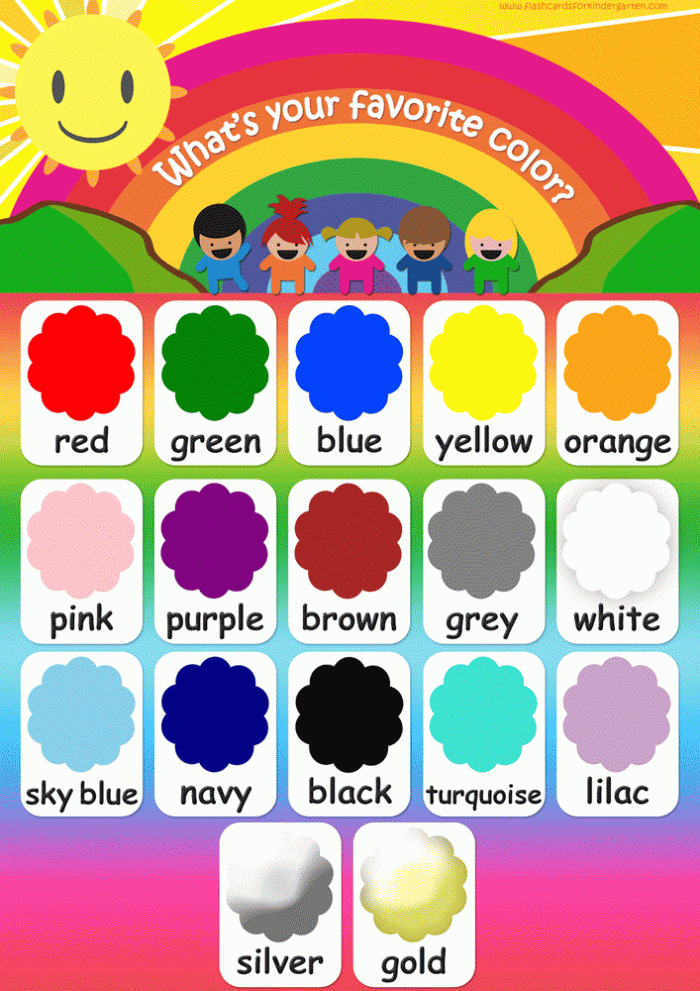
Free for basic or $60 annually for LingoKids premium
ProsA fun experience for kids
ConsResources only, no tutor
What types of online English classes are available?There are two main categories of online learning to choose from:
- Online tutoring services where an expert teaches your child
- Apps and websites without tutors
Both of these have their pros and cons. Below, we will look at the benefits of online English classes for kids.
5 Benefits of online ESL English classes for kidsMore and more parents choose to “send” their kids to online English classes rather than traditional language schools. There are lots of benefits to working with a tutor online, as opposed to an app. Here are five reasons why online classes are a great option:
It’s convenientIf you send your child to a language school, it can affect your free time as a family.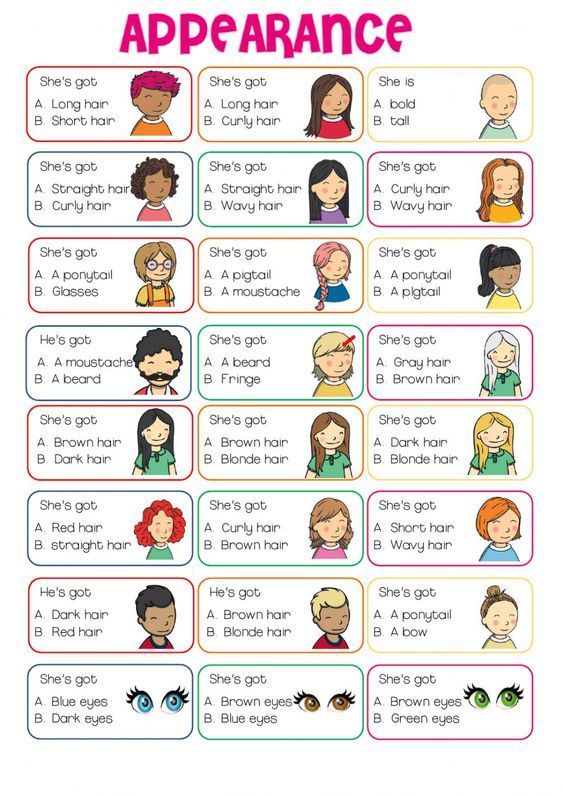 You’ll need to drive them there and pick them up, wasting precious time. The school day can also be exhausting for children. If you wear them out with an end-of-the-day trip to a language school, they might start to resent learning English.
You’ll need to drive them there and pick them up, wasting precious time. The school day can also be exhausting for children. If you wear them out with an end-of-the-day trip to a language school, they might start to resent learning English.
The convenience of online classes is great for children and parents alike. If they learn from home, you can leave them on the couch in their pajamas and enjoy some distraction-free time to yourself while they study. Win-win!
It makes learning accessible
With online English classes, your child can access learning in a unique way. First, your child will get vastly more English speaking practice than they would in a classroom setting, and there will be no pupils to chat with in their native language. Second, any lessons will move at their pace. If they miss something, the tutor will be sure to work on it until they understand. Third, kids (especially young kids) love having an adult’s undivided attention! Many of our little learners look forward to spending time with their online tutors.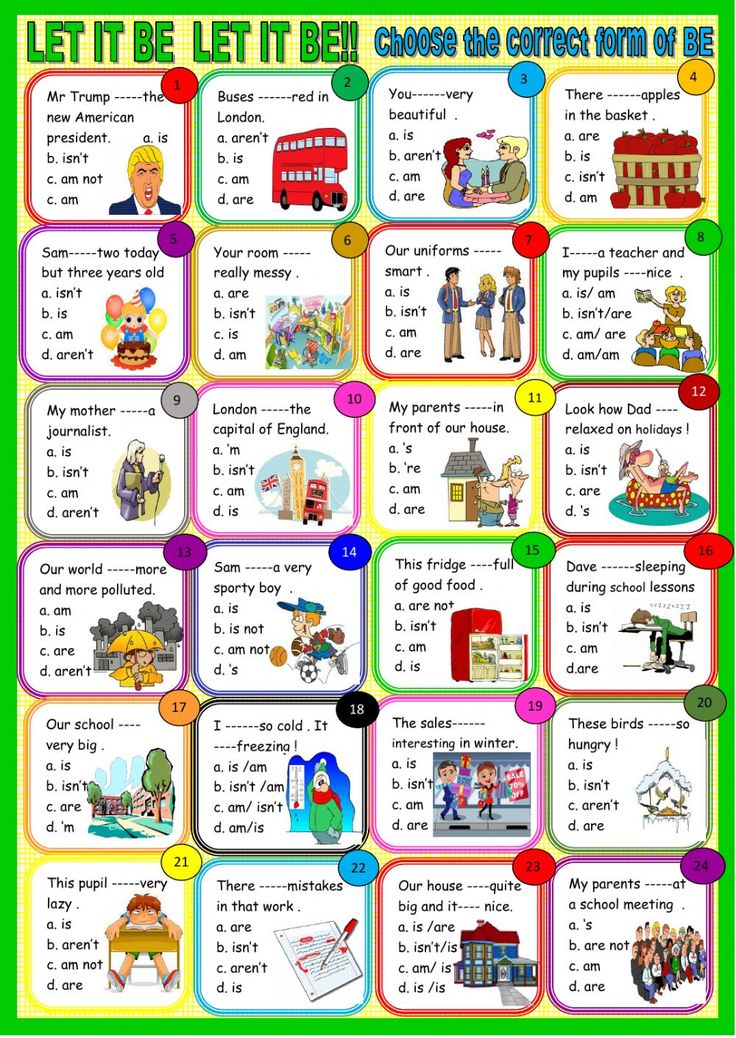 The feeling of being “seen” and supported makes learning English that much more enjoyable!
The feeling of being “seen” and supported makes learning English that much more enjoyable!
Online English classes tend to be cheaper than in-person lessons. You could arrange weekly classes for $40 per month — the price of just an hour or two at a language school. There are also a great number of free resources available online to supplement classes.
Some parents fear that this lower price tag equals a lower quality of education. But if you do your research and choose your tools wisely, there’s no need for this to be the case! Preply, for example, provides 1-on-1 English language tutoring on any budget. Enter your ideal price per hour into this search engine, and you’ll find expert tutors who charge what you can pay.
It’s more funOne of the struggles of 21st-century parenting is pulling your child away from the internet. Many children are inseparable from the family’s tablets, phones, and computers.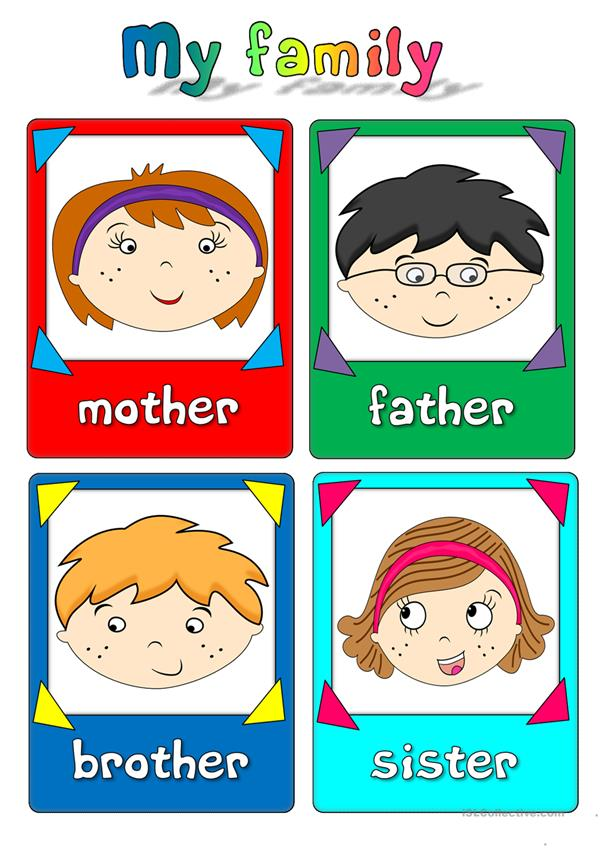 With online English classes, their love of screen time will be put to great use!
With online English classes, their love of screen time will be put to great use!
With an experienced tutor, your child will be engaged and participate in fun activities about topics they enjoy. Many online English tutors even set children vocabulary games for “homework” because they know that learning is more effective when it’s fun!
It’s flexibleIf you send your child to traditional language classes, you have to work around someone else’s schedule. Online English classes are far more flexible. If your child is learning with an app, they can take “classes” spontaneously, any time they need some worthwhile entertainment (or you need a break!).
If you book online tutoring, you can plan lessons for the best time for you and your child, rather than the school or teacher.
Final thoughtsOrganizing online English classes for your child is a responsible and generous move. Giving your child a headstart in learning English can set them up for the future and help them excel at school and beyond.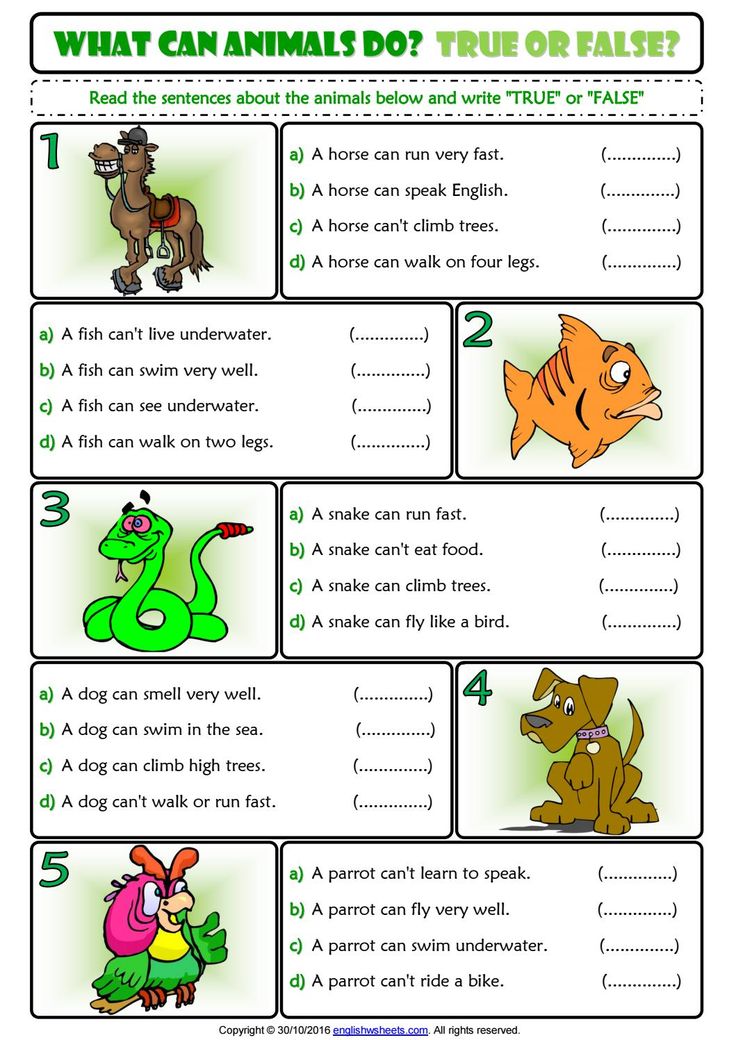
Online apps and resources have a lot of benefits, and some children love using them. However, we think the most beneficial way to educate your child is by arranging 1-on-1 tutoring sessions with an experienced professional.
Frequently asked questions
How can I teach my child English at home?
If you’re interested in personally teaching your child English, you’ll first need a series of lesson plans and activities based on your child’s skill level. Next, work out how long your child can concentrate on English lessons then find online activities that fit into this time frame. Use study techniques like flashcards, games, reading and speaking exercises to improve their level and get them familiar with new English words. Printable worksheets are also a great way for a child to practice grammar and vocabulary.
Which is the best English course online?
The Learn English Kids program by the British Council is one of the best options for parents who need learning materials and resources for their children.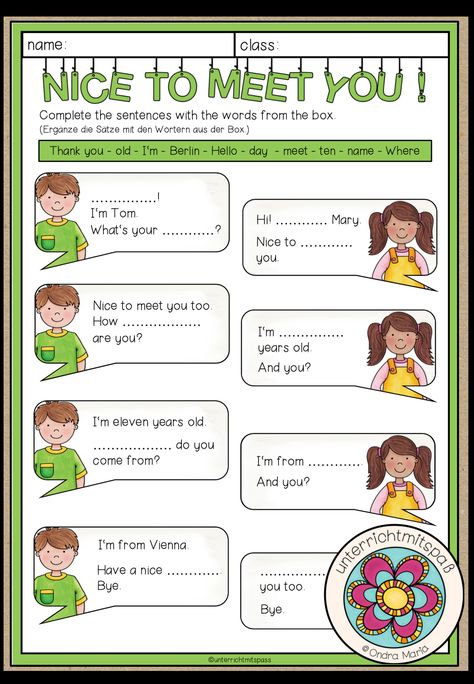 If you are looking for a class, teacher, or tutor for your child, Preply is a great option that provides flexibility with schedule and location: you can find a tutor to fit your schedule, and the skill level and goals you have for your child.
If you are looking for a class, teacher, or tutor for your child, Preply is a great option that provides flexibility with schedule and location: you can find a tutor to fit your schedule, and the skill level and goals you have for your child.
Is it important for kids to learn English?
If English is not their first language, it can be beneficial for children to learn because speaking English fluently as an adult can have many benefits. Many parents now choose online English courses for their kids as it gives flexibility and is cheaper than traditional language schools.
Online English lessons for children online • Skysmart.ru school 🏫
We learn more than just words and rules We improve creativity and emotional intelligence
We take into account interests We add comics, games and videos with subtitles to lessons
Maria Shkechich,
course methodologist
“We only speak English in class.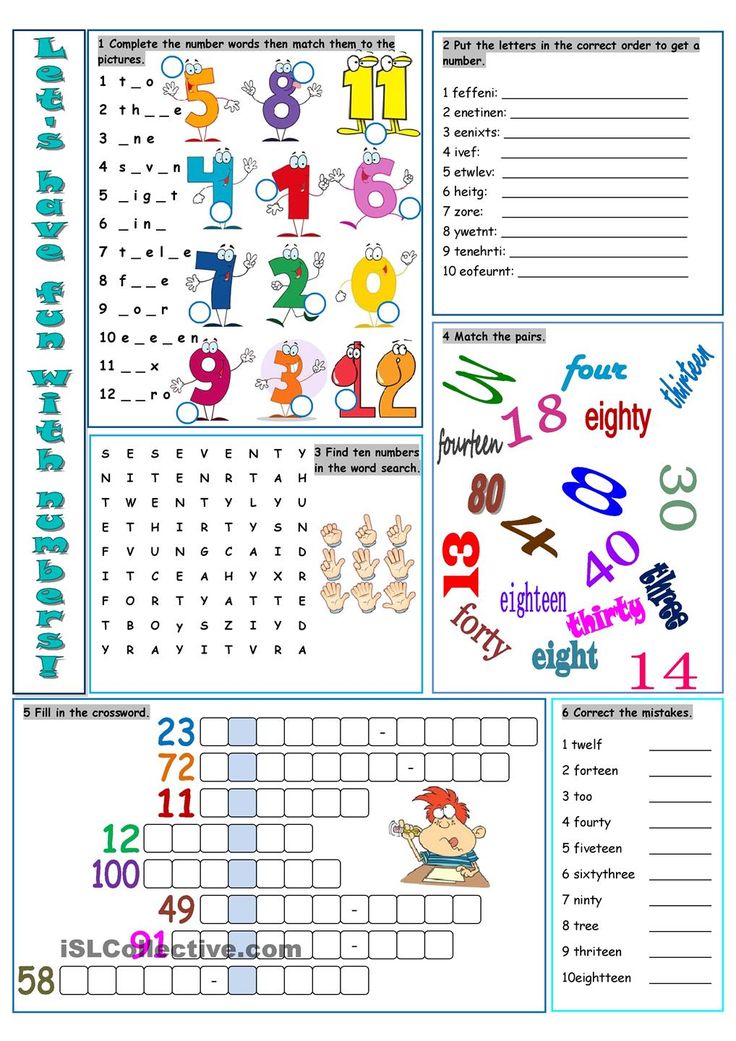 The child learns the language together with our hero, the alien Al. Al doesn't know Russian and gets upset if a student doesn't use English."
The child learns the language together with our hero, the alien Al. Al doesn't know Russian and gets upset if a student doesn't use English."
Anastasia Ekushevskaya,
methodologist of the course
“We love to talk about achievements! After each training module, the teacher holds a 10-minute meeting with parents and discusses the progress of students.»
Daria Sharshova,
course methodologist
“You can choose any time for class. If the child gets sick or plans change, the lesson can be rescheduled.”
Marija Škečić,
methodologist of the course
“We speak only English in the lessons. The child learns the language together with our hero, the alien Al. Al doesn't know Russian and gets upset if a student doesn't use English."
Anastasia Ekushevskaya,
methodologist of the course
“We love to talk about achievements! After each training module, the teacher holds a 10-minute meeting with parents and discusses the progress of students.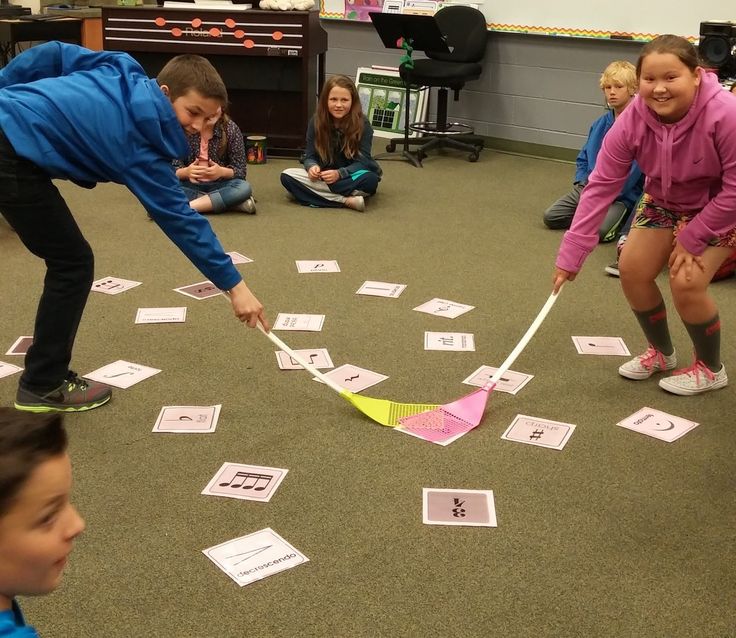 »
»
One-on-one lessons on an interactive platform - where and when it suits you
The entire lesson in one window: video chat with the teacher, assignments and an online whiteboard
We create lesson plots and characters that children and teenagers love approach to any student and help to come to the result
In the school more than 90 teachers ready to help
Cost of English lessons
Lessons 25 minutes
64 Lesson
699 ₽ for lesson
32 Lessons
749 ₽ for lesson 9000
16 Lessons
799 ₽ for lesson
8 Lessons
849 ₽ for lesson
4 Lessons
899 ₽ for lesson
1 Lesson
Free
Lessons 50 minutes
64 Lessons
899 ₽ for lesson
32 Lesson
999 ₽ for lesson
16 Lessons
1 099 ₽ for lesson
8 lessons
1,299 ₽ for lesson
4 lessons
1 499 ₽ for lessons for lesson
1 lesson
Free
English for children free
Skip to content Philosopher Ludwig Wittgenstein said: the world of man is what his language is.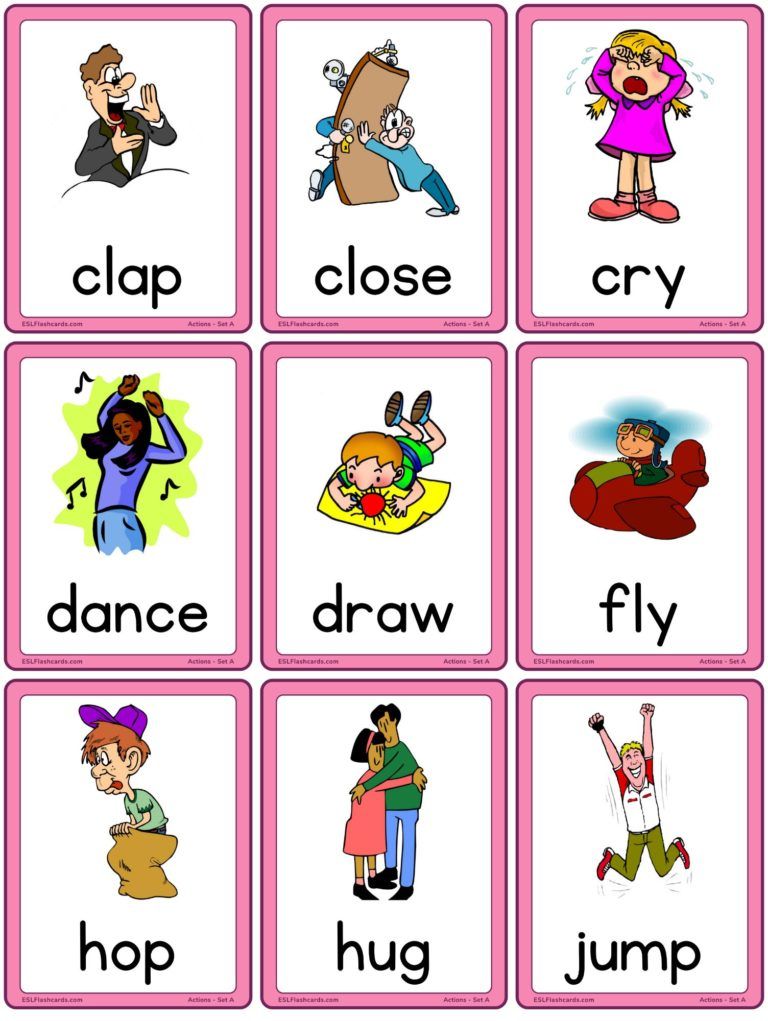 Learning a foreign language affects the processes of thinking, features of consciousness. We study a foreign language in order to build a successful career, move to a permanent place of residence in another country; or for the reason that we enjoy learning about another culture. When we teach English to a child, we thus open up all these possibilities for him - with the only difference that this happens ahead of time, one and a half to two decades before his adult life begins. With knowledge of English, it is much easier to build a career; and if there is a desire, then change your fate by moving to another country. English lessons for children are the key to many doors of their future.
Learning a foreign language affects the processes of thinking, features of consciousness. We study a foreign language in order to build a successful career, move to a permanent place of residence in another country; or for the reason that we enjoy learning about another culture. When we teach English to a child, we thus open up all these possibilities for him - with the only difference that this happens ahead of time, one and a half to two decades before his adult life begins. With knowledge of English, it is much easier to build a career; and if there is a desire, then change your fate by moving to another country. English lessons for children are the key to many doors of their future.
Why should a child learn English
What other reasons is English for children the best method of intellectual development?
- Age from 4 to 6 years is considered sensitive in terms of learning a foreign language. This means that learning English for children at this age is an order of magnitude easier.
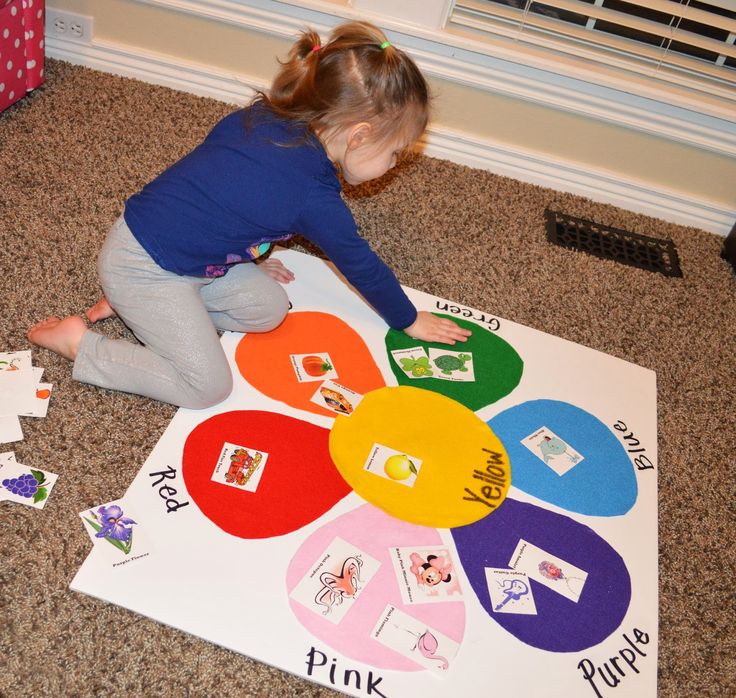 The phonetics of the native language has already been mastered, so there is no risk of "mixing" the two languages. Toddlers don't just learn English; they "absorb" it. If mom calls the spoon "the spoon" - this means that this item is called that way. The child does not need to memorize anything additionally, the information settles in the unconscious in blocks. It is especially useful to learn the English alphabet at an early age, because then there will be no difficulties with this at school.
The phonetics of the native language has already been mastered, so there is no risk of "mixing" the two languages. Toddlers don't just learn English; they "absorb" it. If mom calls the spoon "the spoon" - this means that this item is called that way. The child does not need to memorize anything additionally, the information settles in the unconscious in blocks. It is especially useful to learn the English alphabet at an early age, because then there will be no difficulties with this at school. - Children learning a foreign language have higher ability to concentrate. A kid who speaks a foreign language (in particular, English) is distinguished by the ability to understand phenomena more deeply, to delve into their details. For example, having come to a new team, the child will quickly catch the essence of the relationship between other children. Funny stories in a foreign language, English songs for children, interesting exercises - all this develops a child's ability to concentrate.

- One of the main difficulties in learning English for adults is that they transfer already familiar grammatical structures of their native language to a foreign language - as if under a tracing paper. Children have not had time to develop such stereotypes yet. Therefore, English for a child is a completely new sign system, he does not compare its grammar with the turns of his native language, but learns it "from scratch". He has a "feeling" of foreign speech. Psychologists recommend starting to learn English from scratch for children from the age of 4-5. Already from this age, you can start playing simple games in a foreign language with your child, teach poetry in English for children with your child, and master English counting.
- In addition, the baby develops intellectually, learns to think differently. Children who learn a foreign language adapt better to an unusual environment, they are more flexible and relaxed in communication. Learning English is one of the most highly intellectual types of work for the human brain.
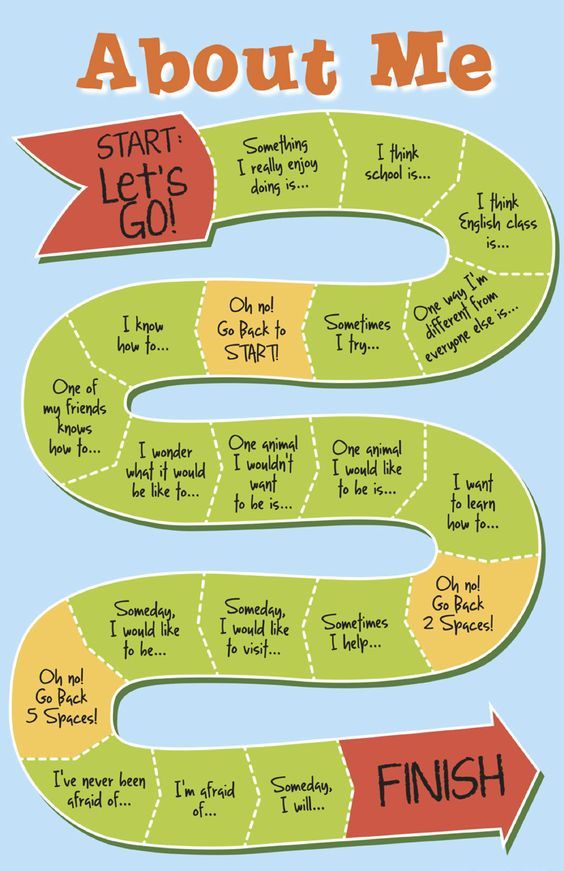 English for toddlers is not just a rote learning of new vocabulary and grammar; it is the incorporation of a new system of concepts that keeps the developing brain functioning at a high level.
English for toddlers is not just a rote learning of new vocabulary and grammar; it is the incorporation of a new system of concepts that keeps the developing brain functioning at a high level.
English for children: teaching principles
There are no children who would be incapable of learning a foreign language. Every kid in childhood spends a titanic work on mastering his native language. Therefore, English lessons for children are not a fundamentally new area of knowledge - compared, for example, with teaching writing or arithmetic. A child who has learned to communicate in his native language is equally potentially capable of mastering English.
It happens that at school a child experiences difficulties with a foreign language. What could be the reasons for the difficulties? How to make learning a foreign language effective for a child? And what is the best way to organize teaching English to beginner children? Let's look at a few fundamental principles.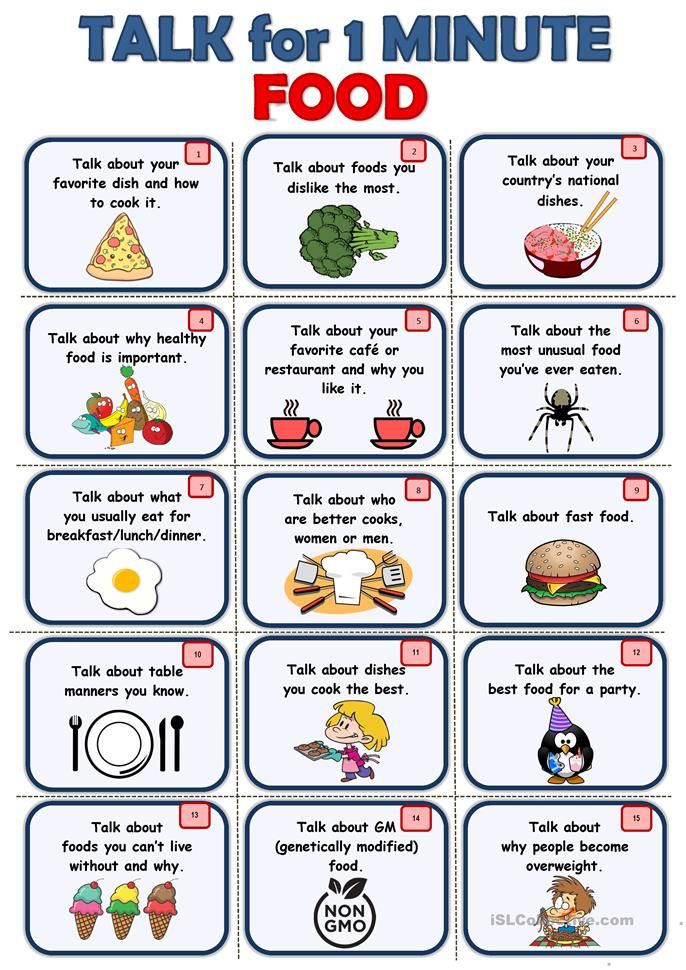
- One of the fundamental principles is the correct selection of training intensity. Teachers agree that for a child aged 2 to 4 years, the duration of an English lesson should be about half an hour. At the age of 4 to 6 years, you can do a little longer - up to 1 hour. As a rule, English lessons for children are held 2-3 times a week. One lesson is usually devoted to a certain topic - family, animals, my house, summer holidays, school life. This lesson also contains elements of English grammar for children. Based on the topic of the lesson and the grammatical structure that is introduced in the lesson, the parent or teacher selects the material - songs, games in English, poetry.
- If a junior student has difficulty with English, special attention should be paid to improving his self-esteem. Perhaps the kid is under stress due to high school requirements, the need to "catch up" with more successful classmates. Also, difficulties may arise because the child hears censure much more often than praise.
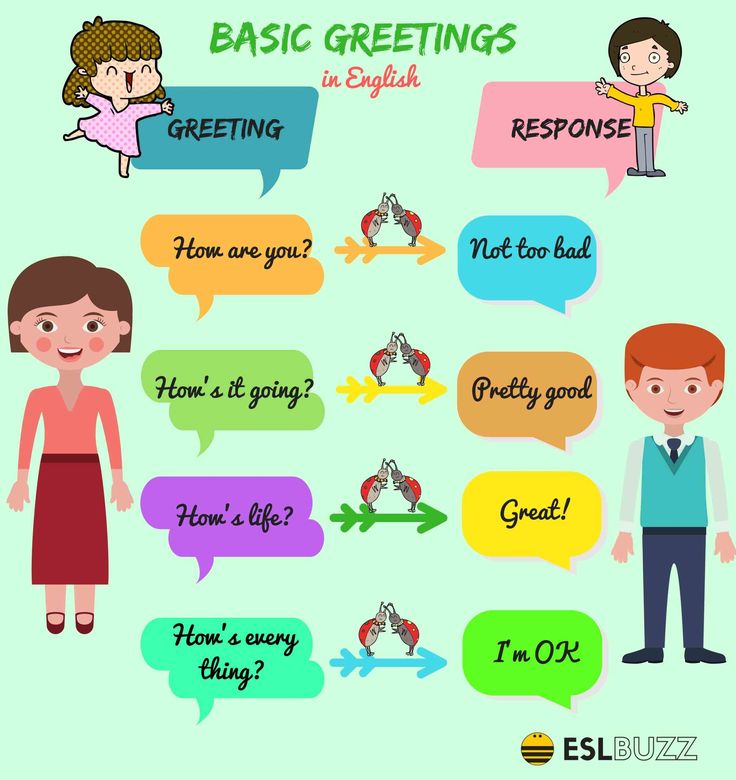 To praise a child means to provide him with the psycho-emotional comfort that is so necessary for learning. It is necessary to convey to the baby the fact that abilities can be developed through training. There are many resources that provide English materials for children online for free. To improve speaking, the student will use tongue twisters in English for children. Additional classes at home will improve academic performance within the walls of the school.
To praise a child means to provide him with the psycho-emotional comfort that is so necessary for learning. It is necessary to convey to the baby the fact that abilities can be developed through training. There are many resources that provide English materials for children online for free. To improve speaking, the student will use tongue twisters in English for children. Additional classes at home will improve academic performance within the walls of the school. - The easiest way to teach a child English is through play. The game is the leading activity until the onset of school age, when school takes the place of children's fun. However, younger students still love to frolic and play. It will be useful both playing lessons with a child and developing online games in English. Competently approaching the teaching of the baby, he will not have to be forced to learn English “under pressure”. The child will look forward to the next lesson. After all, for him this is the time when you can enjoy fun games.
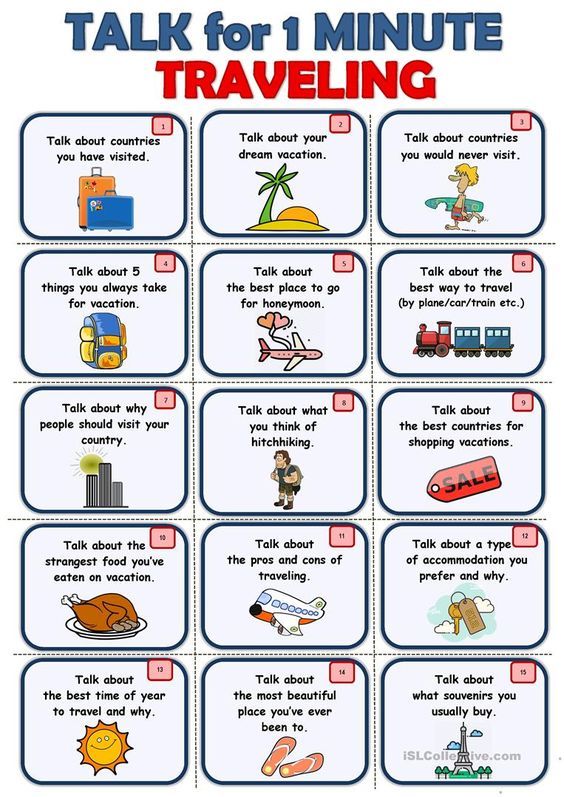
- Cartoons in English also show efficiency - after all, watching them, the child has fun and simultaneously masters the language. The basis of the plots are often fairy tales in English, famous Disney stories. In cartoons, the language is simple, there is no need to deal with complex grammar or infrequent vocabulary. Cartoon characters are peculiar, have certain characteristics - and speech features. Therefore, throughout the cartoon, certain phrases and words can be repeated, which facilitates learning.
- It is useful for children to demonstrate visual material. Abstract constructions are hard for a child to digest. It is best for children to repeat English words many times, accompanying the lesson with visual pictures, cards with images of words, and large text. With the help of this method, the words are firmly settled in the memory of the child.
Categories in the section "English for children":
Alphabet and sounds
Grammar for children
Cartoons
Online games
Children's songs
Outdoor games
Fairy tales
Tongue twisters
Dictionary
Poems
Counting
Lessons for children
In this video lesson, the kids will get acquainted with the rules for pronouncing the sound [ɜ:]. They will also be able to learn new wardrobe items
They will also be able to learn new wardrobe items
The video lesson will help you consolidate the learned words and phrases. Also, children will learn a lot of new and interesting things
The video lesson will help you to master the second ten numerals without unnecessary difficulties. Also, children will learn a lot of interesting things about the traditions of the English associated with tea.
In the video lesson, the kids will get acquainted with common questions and how they should be answered. Students will also learn how to describe their room.
The video tutorial will introduce the basic rule for using the article the. The rabbit will teach you how to pronounce the sound [ꝺ] correctly by learning new words with this sound.
The video lesson will help the kids to consolidate the change in the forms of the verb to be. Rabbit will also introduce you to diphthongs and their pronunciation.